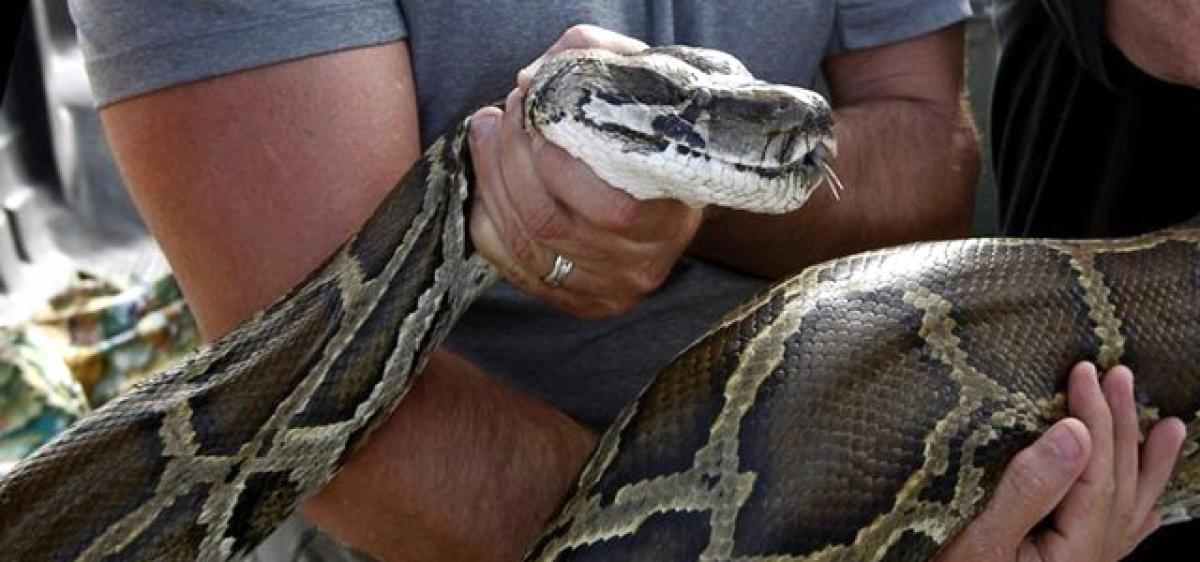Live
- Ashutosh Gowariker to lead International Jury at IFFI 2024
- The global challenges of greener aviation
- Shreyas Media secures exclusive advertising rights for ‘MahaKumbh Mela 2025’
- Experience the journey of art
- Seven iconic ghats undergo makeover for Mahakumbh
- Smog engulfs capital with ‘severe’ air quality
- Slur against HDK wrong, Zameer will be corrected: K’taka Cong
- Himalayan Echoes Literature Festival returns to Nainital with a focus on art, environment, and culture
- Taking Off: Solo travelling as a minor
- MVA will win over 160 seats, form govt in Maha: Shivakumar









